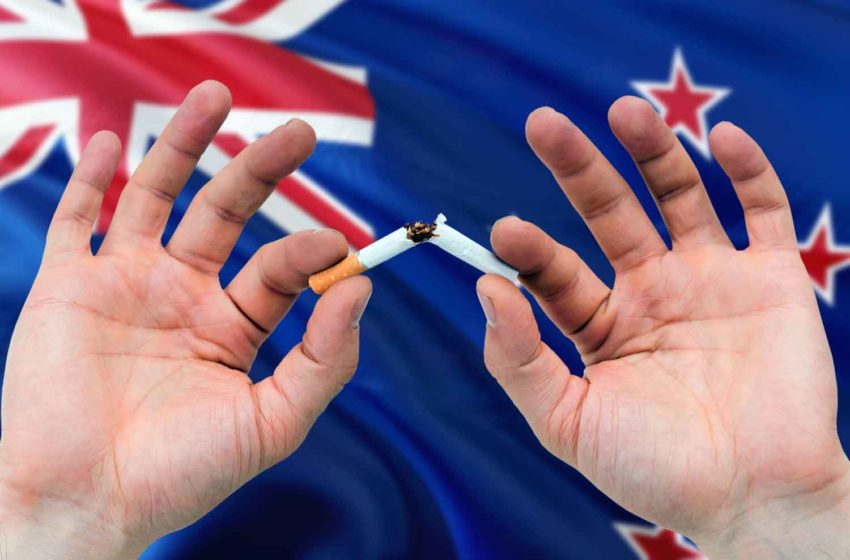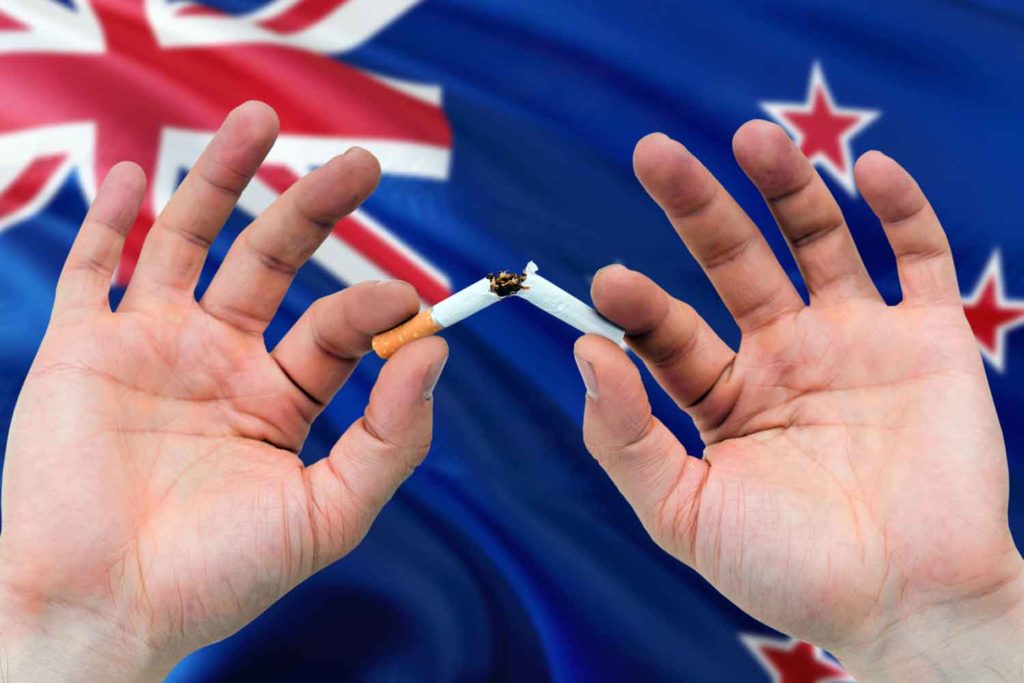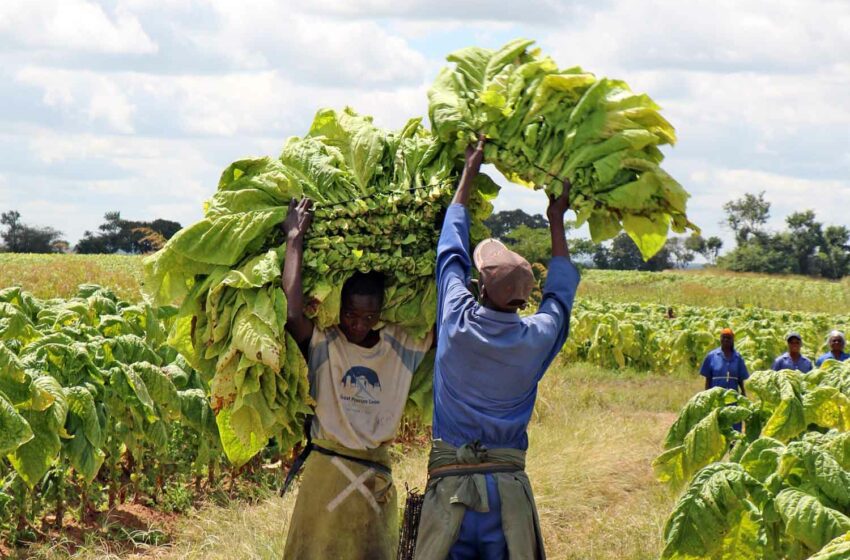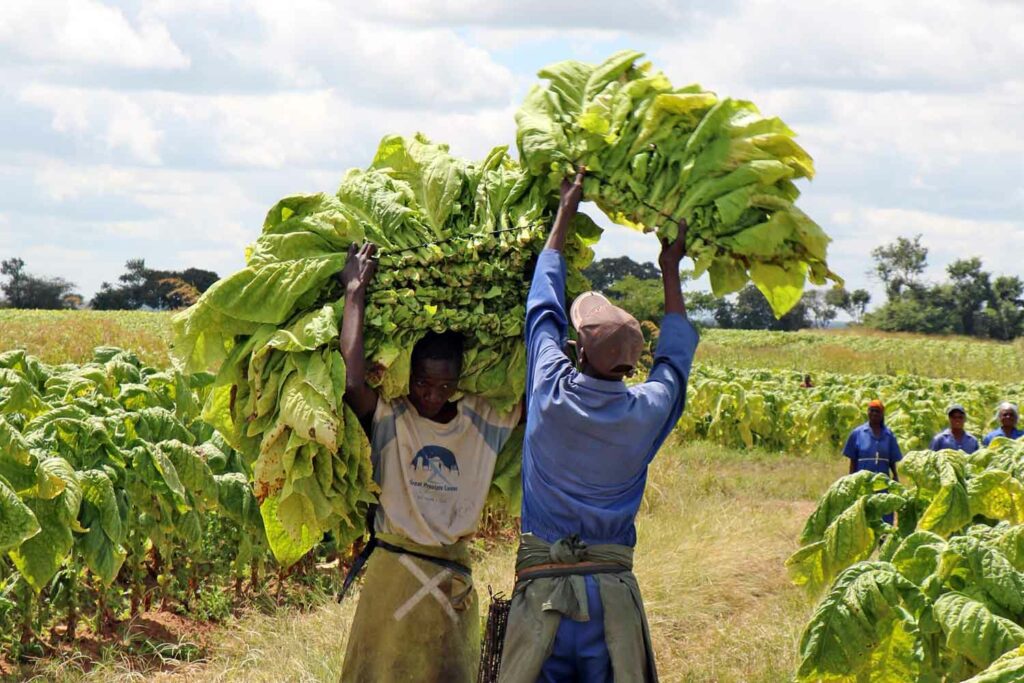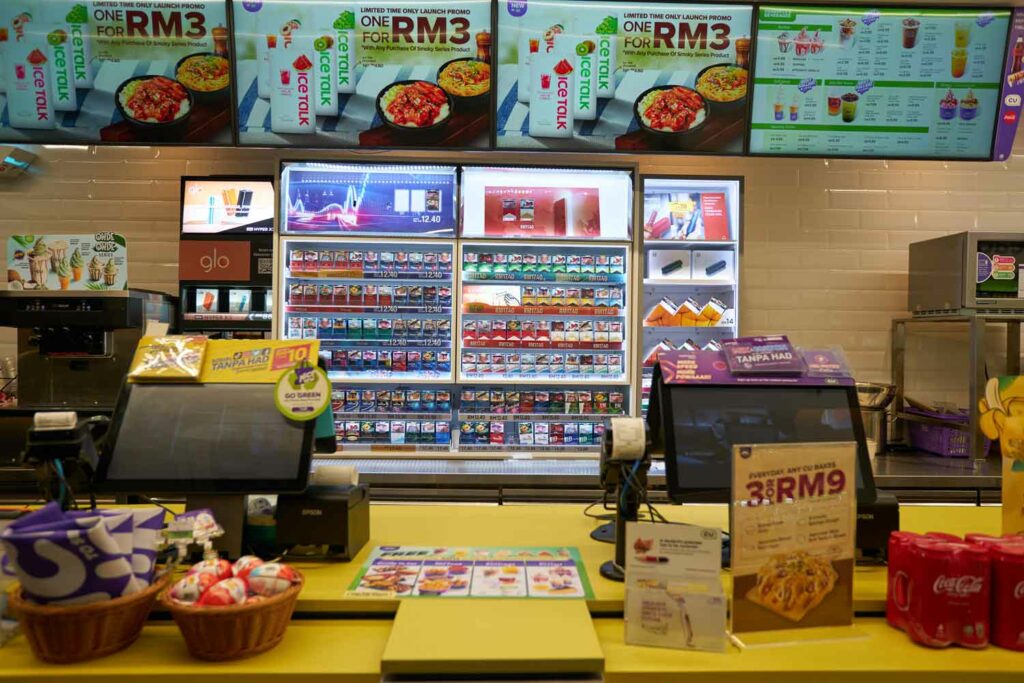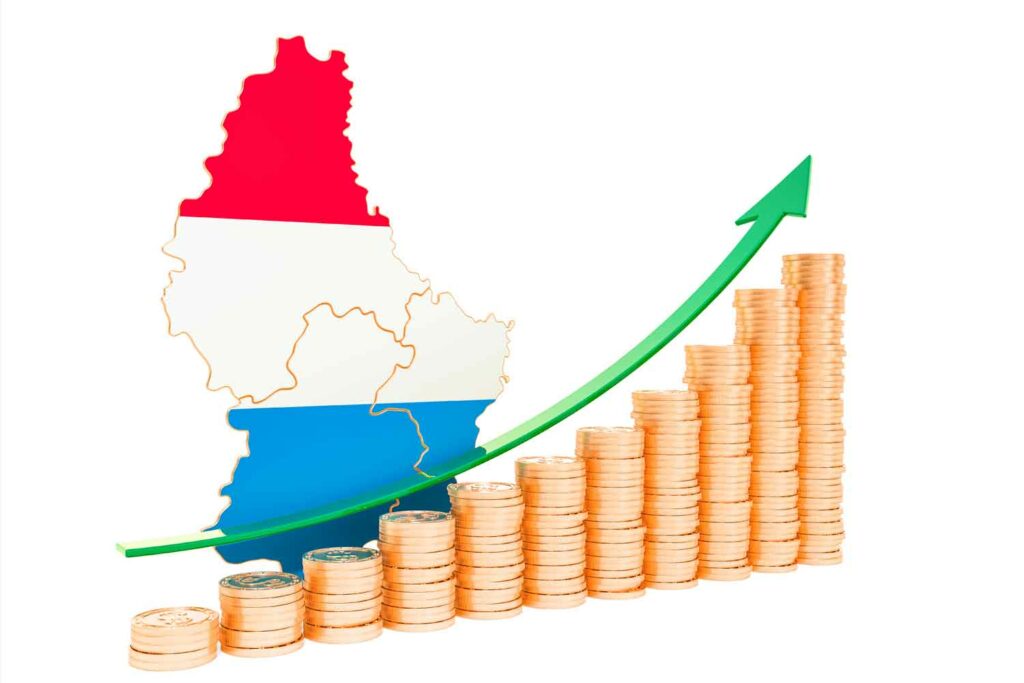
Luxembourg’s budget will be boosted by millions of additional euros in tax revenue due to higher than anticipated tobacco sales this year, reports The Luxembourg Times.
The government expects cigarette sales to be around 6 percent higher than originally forecast in the 2024 budget, meaning that the state could reap a total of €700 million ($763 million) alone in additional excise duties. Including all taxes, the sale of tobacco products this year is expected to generate a total of €1.4 billion for the public purse.
The direct benefit to the government’s finances from tobacco sales is expected to increase to €1.6 billion next year and €1.9 billion in 2028.
Luxembourg will increase excise duties on tobacco products by a further 5.5 percent from next year, Finance Minister Gilles Roth said in his budget speech last week.
While the tax increase raises the cost of the cheapest packet of cigarettes from €5.20 to €5.50, Luxembourg remains one of the cheapest places to buy cigarettes in Western Europe.
A pack of 25 cigarettes currently costs €8 in the Grand Duchy compared with €10 in the Netherlands and €13 in France.
Meanwhile, revenue from new nicotine products is “difficult to estimate” for 2024, a finance ministry spokesperson said. According to initial figures, around €1 million has been collected in taxes on these products between May and September.
Overall excise revenue across all sectors is expected to hit €2.4 billion in 2025, up from €1.89 billion just three years previously.




